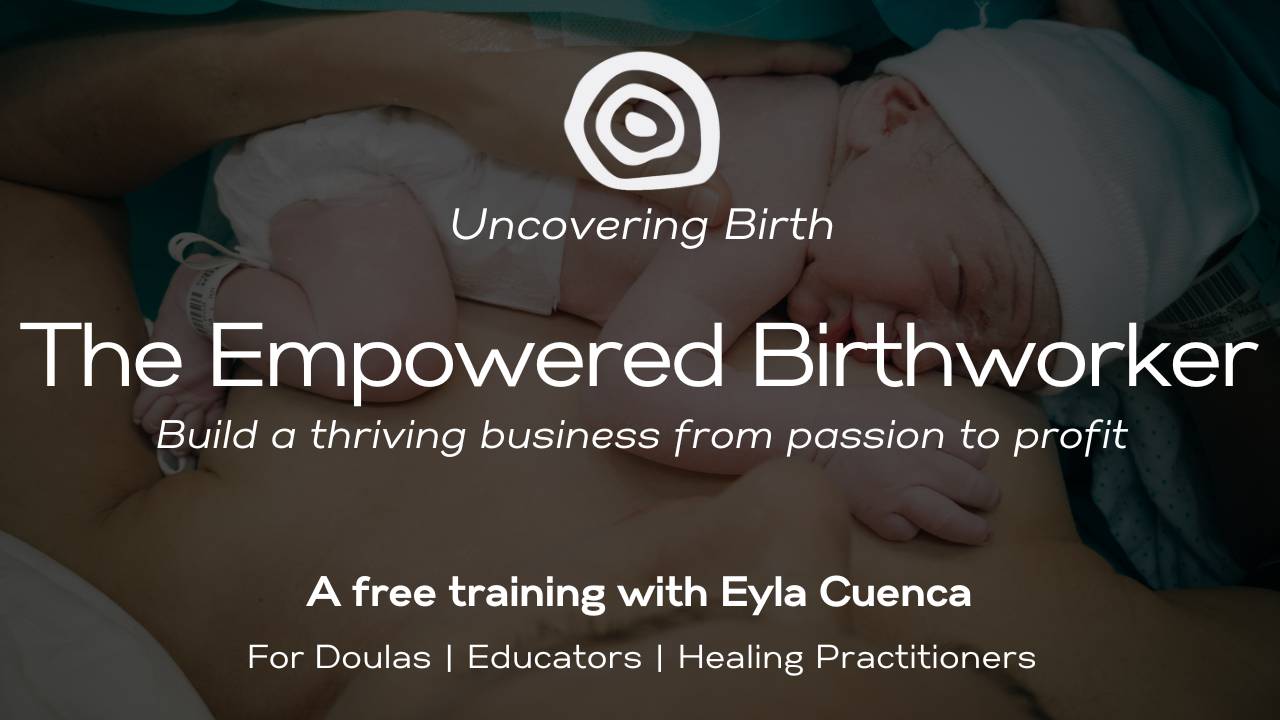Playpens, Strollers, Walkers and Developmental Delays
Aug 03, 2021
Modern day parents are obsessed with mile stones. “My baby should be doing “x” at 4 months” or “My baby should be eating “x” at 6 months”.
The problem here is that what most parents end up providing for their baby are a series of misinformed scenarios that heavily restrict physical and emotional experiencing. I’ll expand on emotional suppression of infants in another post. For now, it’s imperative to consider the environment you want to create for the baby and the way in which you respond to their biological needs & development. Firstly, it must be intuitive.
Until age 2 human mammals are marsupial. They thrive and experience hormonal and cognitive development through two main avenues:
1. body contact with their primary care providers
2. free movement.
They do not thrive from swaddling, or being contained in a swing, bassinet, playpen or helicopter parenting. They thrive from baby wearing and freedom. Their gross and fine motor skills develop when placed on a blanket on the ground. This gives them the freedom to explore their core, their neck and every inch of the physical sensory experience from head to toe. It gives them the opportunity to autonomously identify and fulfill desires & needs. They see something they want and subsequently figure out how to access it through moving, rolling or engaging their environment. It may happen in the most subtle manner. They may simply stare at the item for a few days, then notice if they roll to right they will be one step closer. After this they will explore the world of being on the tummy and what it is to use their hands/arms to gain traction, and so forth. This happens without assistance, on the ground.
“Contraptions” marketed to vulnerable, well-meaning parents not only inhibit physical and mental development, they can cause “flat head” leading to baby helmets and cephalic deformities, contraptions that restrict the baby’s body can affect natural curvature of the spine and often cause Infant torticollis- this is when the muscles that connect the breastbone and collarbone to the skull are shortened.
In a stroller the baby will face similar risks, but when they are primarily transported by baby carrier/sling they are developing their core, neck muscles, back strength, digesting milk properly and reaping the benefits of chemical skin imprinting with their mother/parent.
If you feel you have to use a “play pen” or “contraption it’s because your space is not set up for safe, independent exploration. Integrate your baby’s development into your home design. Have everyone remove shoes at the front door so that baby can explore ground freely and begin to follow you and mirror movements and pattens. Remove sharp corners or items that would crash down if baby used it as a way to support their standing. Look into creating a “Montessori Room” or RIE method space. Create incentives for them to build up a strong desire to crawl to you. In the past I used my breast and objects of interest to “coach” my child. Don’t worry about them rolling and bumping into something. This will happen and this is how they learn NOT to do it again! If you baby bumps it’s head, rolls down a step. 1st- do not: gasp or run to her, I do not express concern and scare her with your reaction. Observe, allow her to release frustration and then see her immediately make a new effort to climb up again. They will experience deep pleasure from the accomplishment. This is how babies along with environment/parenting, are able to walk independently without “walkers” at 9 months old. To learn more about this approach look up the Books in my Library: Baby Knows Best & Attachment Parenting. Follow the work of Dr Tronick and observe how pre-industrialized peoples supported the development of their young.
Using cribs also fosters a lack of autonomy and I will explore this more in an upcoming post.
Warmly,
Eyla




